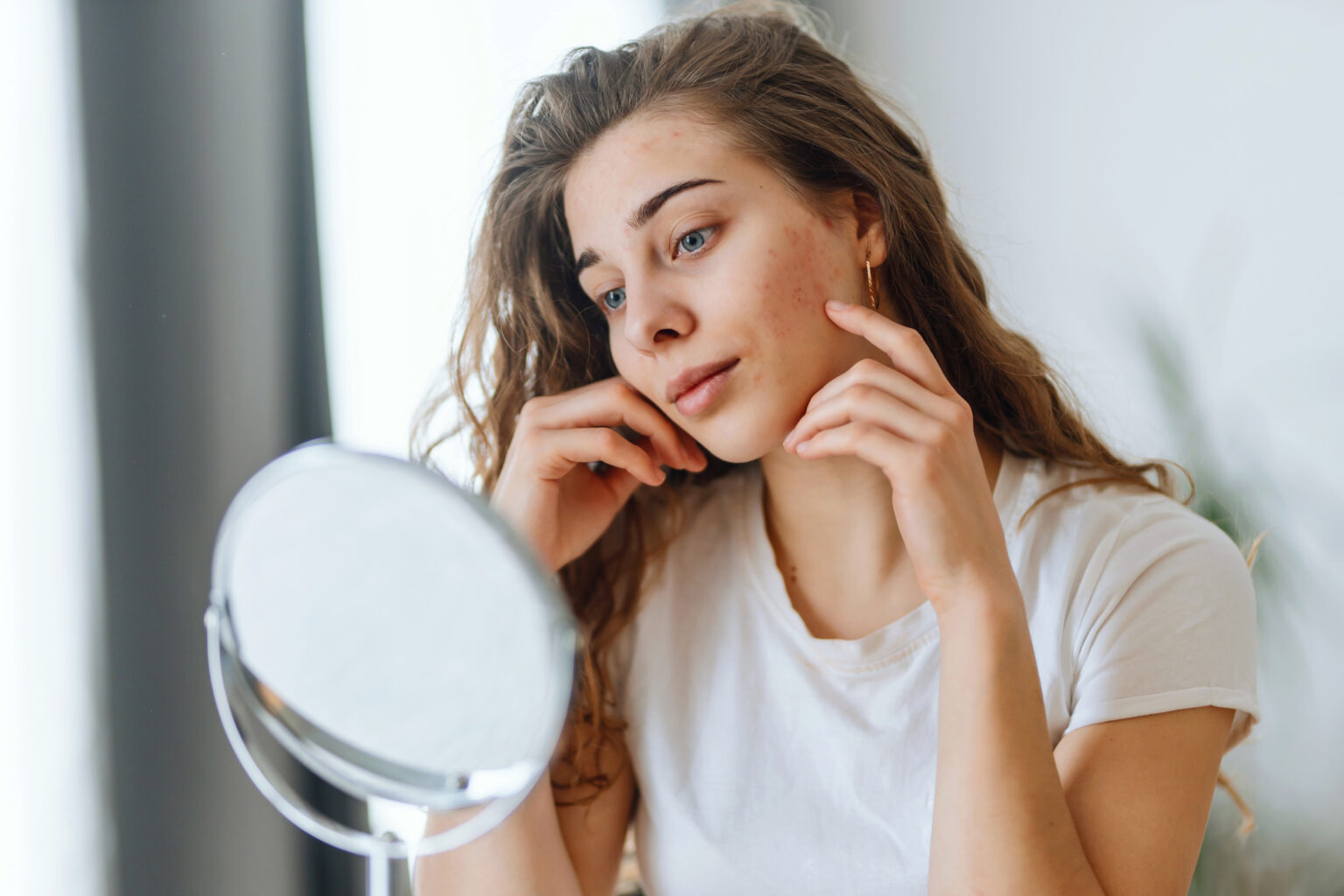A woman has sparked widespread conversation online after opening up about the painful, eye-opening journey of losing and regaining “pretty privilege.”
Reddit user u/Cool-Wear-8826, from Seattle, Washington, who goes by Ann, shared her story in a viral r/confessions post that received over 38,000 upvotes. She detailed how a health issue that caused weight gain transformed how the world treated her—and how the experience changed her for the better.
“When I lost my pretty privilege, this was about three years ago, suddenly I stopped getting those small perks of being helped in stores and restaurants, and became essentially invisible,” Ann told Newsweek.
A bout of depression led her to take the medication Seroquel, which helped her mental health but drastically slowed her metabolism. As a result, she began to gain weight—and immediately noticed a shift in how people interacted with her.
Ann said she went from being offered help in stores and getting free drinks at bar, to no longer being asked out or invited to social events once the weight gain became noticeable. Her confidence plummeted and she began to feel isolated and alone.
At work, the changes were even more stark. Ann said she stopped getting promotions and was excluded from workplace lunches.
“People would even make rude comments behind my back that I could hear,” she said. “And they were very hurtful. One of the most painful things is that no one looked me in the eyes anymore, as if I was sub-human.”
In her Reddit post, she wrote: “The fatter I got, the less attention was paid to me. People would walk right by and not even acknowledge my existence. It was strange at first, then incredibly humbling. I thought, well, this is the new normal.”
Although she was devastated by the change, Ann said the experience broadened her perspective.
She began to notice others who were also treated as invisible—those who were overweight, had visible disabilities, or otherwise didn’t fit conventional beauty standards. “I became kinder to others,” she wrote.
“I went out of my way to acknowledge them. Since I knew what it felt like to be invisible, I tried to make others feel seen,” she added.
Instead of going out and seeking attention, Ann began practicing mindfulness and meditation. She said this time of introspection helped her develop a deeper level of empathy. “My personality started to change a little,” she wrote. “I responded to any small act of kindness with gratefulness… I became a better person.”
Eventually, her doctor was able to find a new treatment that didn’t impact her metabolism. Over the next 18 months, Ann’s weight returned to what she described as her “normal healthy” range—and so did the attention.
She recalled the moment she realized her pretty privilege had returned: while shopping, a handsome male employee offered to help her, looking her directly in the eyes. “I felt like I mattered again,” she said. “Then I instantly felt sad and horrified, because of the cosmic unfairness of life—that how we look really does determine how people treat us, even though it shouldn’t.”
Ann said she now notices the unfair advantages she receives and is determined not to take them for granted. “I still seek out others that would have been invisible to me before, and try my best to greet them and talk to them like the important human beings that they are,” she wrote.
Her post struck a chord online, with thousands of commenters sharing their own experiences with body image, aging, and social invisibility.
“A few years ago, I lost a bunch of weight,” one Redditor shared. “I had a really hard time handling the attention I was getting from random strangers. I kinda liked being less noticed honestly.”
Another added: “I lost weight and it definitely has a lot of advantages, but I kinda feel like I lost my invisibility cloak… More good than bad things in losing weight but change is uncomfortable.”
A third, who performs weight-loss surgeries, shared a sobering anecdote: “One patient told me she’d received two promotions in the six months after surgery. She looked me dead in the eye and said, ‘The quality of my work hasn’t changed at all. The only thing that has changed is my weight.'”
Mental health counselor Monique Bellefleur, who specializes in eating disorders and body image, told Newsweek that Ann’s experience reflects a broader societal problem.
She explained that living in a body outside of societal beauty standards—whether due to size, disability, or race—can deeply affect a person’s mental health.
“When the world around you treats you as less than or invisible because of your appearance, it is understandable that you might start to internalize that message and believe that you actually are less worthy,” Bellefleur said. “It also trains us to tie our identities to our bodies, but the problem with this is that bodies change throughout our lives.
She added that in our culture, “thinness—along with whiteness and other conventional markers of beauty—functions as a form of social capital.”
This can create real barriers to things like quality healthcare or respectful service. The stigma attached to weight, she explained, contributes to chronic stress and can push people toward extreme measures to feel valued.
Ann concluded with a message of compassion: “The world isn’t fair, and that is unfortunate. We need more empathy and kindness in our lives, and it’s important to treat each and every person as if they matter, because they truly do.”
Do you have any viral videos or pictures that you want to share? We want to see the best ones! Send them in to life@newsweek.com and they could appear on our site.
Read the full article here

